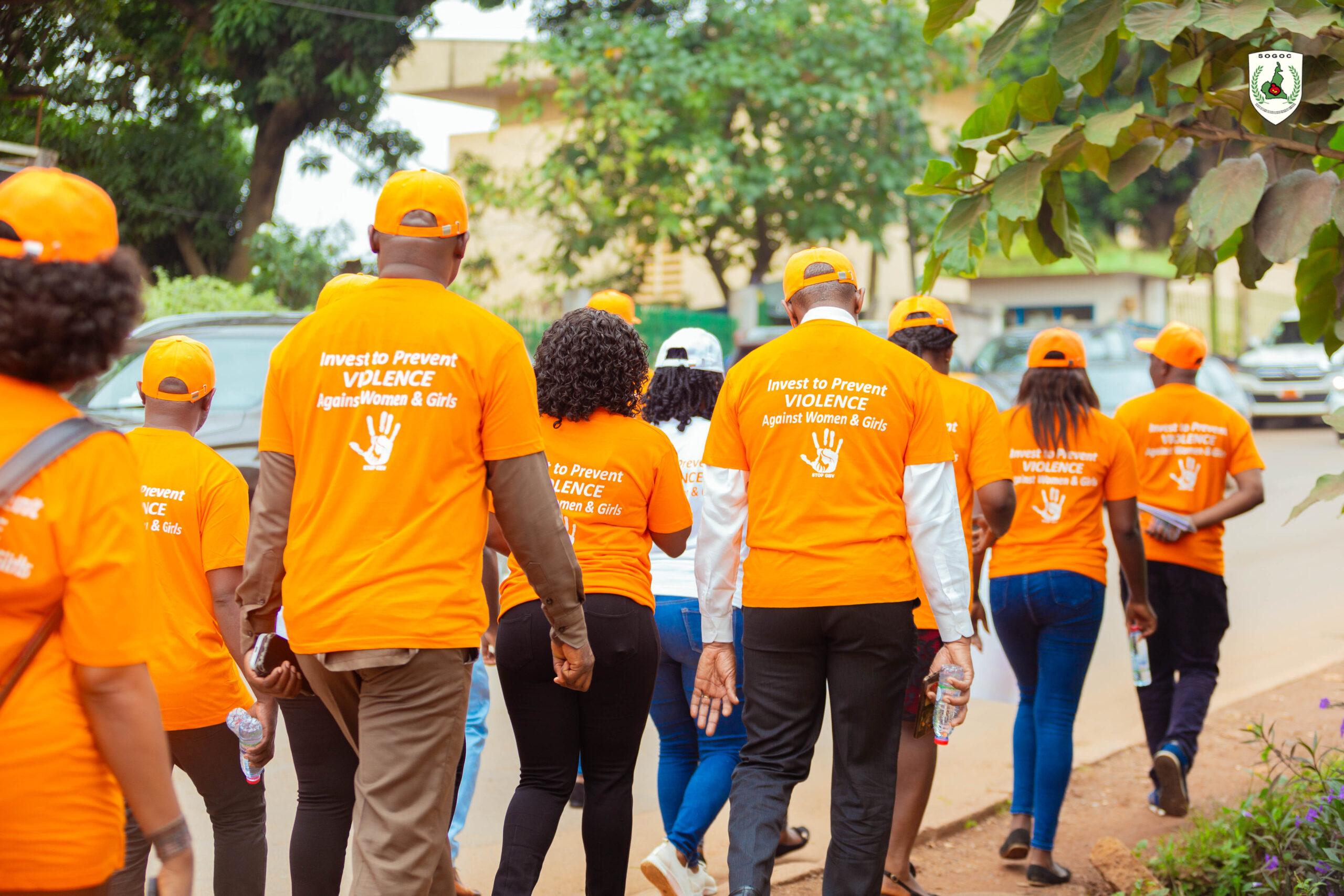SOGOC joins the world to launch the 16-Day Activism Against Gender-Based Violence
Barely a week ago, Cameroonians expressed indignation as a husband beat his wife, a teacher, to the point where she lost her life in Cameroon’s economic capital, Douala. Women in Global Health Cameroon took the lead in saying no to gender-based violence.
We comdemn the recent killing of #DianeYangwo by her husband in Douala as a result of domestic violence. May she rest in peace and may her family be conforted during this hard time. Let's work together to stop #GBV. #violencesconjugales #feminicide pic.twitter.com/aJ627KmTKS
— Women In Global Health Cameroon (@WGHCameroon) November 22, 2023
Just yesterday we lost a beautiful teacher in Douala to domestic violence. Her husband beat her into a coma. She left a child behind. At the first slap, pack your bags please. 🇨🇲🤍🇳🇬 https://t.co/TvHB5cS5vp
— Ulanda (@ulandaulanda) November 20, 2023
It was against this backdrop that the Society of Gynecologists and Obstetricians of Cameroon, SOGOC, joined the rest of the world to launch activities to mark the 16-day activism against gender-based violence.
The International Day for the Elimination of Violence Against Women on November 25, followed by the annual 16 Days of Activism Against Gender-Based Violence, is a global moment to help #EndViolence against women and girls.
Prof. Emile Mboudou, SOGOC President, was represented during the launch by Prof. Felix Essiben, a gynecologist who doubles as SOGOC president for the Center Region, who examined the situation of gender-based violence worldwide. “Globally, an estimated 736 million women—almost one in three—have been subjected to physical and/or sexual intimate partner violence, non-partner sexual violence, or both, at least once in their lives. Violence against women has been heightened across different settings as well, including the workspace and online spaces.” He further cites a global study by the Economist Intelligence Unit, which found that 38 percent of women have had personal experiences of online violence, and 85 percent of women who spend time online have witnessed digital violence against other women.

In Cameroon, the prevalence of gender-based violence is intricately linked with the sexual and reproductive health and rights of Cameroonian women, Mboudou said. He lamented that the consequences of gender-based violence (domestic violence, rape, and genital mutilation) on the reproductive health of women are usually not carefully considered. He illustrated this with the case of pregnancy resulting in rape, where the penal code allows for safe abortion. “Abortion authorization in Cameroon is interwoven with gender-based violence and thus should not be treated separately.” This explains the rationale for SOGOC joining the world to shine a light on ending gender-based violence and its adverse effect on Cameroonian women’s health.
Experts agree that violence negatively affects women’s physical and mental health and well-being at all stages of their lives and impacts their professional development and economic empowerment, with broader social and economic consequences for families, communities, and societies, and impedes the achievement of sustainable development.

Mboudou maintained that the right of women and girls to live free of violence is inalienable, fundamental, and a human right. He regretted that equality between women and men is guaranteed in Cameroon’s Constitution, but women are denied justice and protection from violence. He attributed this failure to a lack of investment and political will to meet women’s needs and protect their fundamental rights.
Invest to Prevent Violence Against Women and Girls is the theme of the 2023 16-day activism against gender-based violence. Felix Essiben, a gynecologist and SOGOC Center Region President, explains how society can invest in preventing gender-based violence.
The launch of the 16-day Activism Against Gender-Based Violence was spiced with a walk in the Nkeleton neighborhood.

